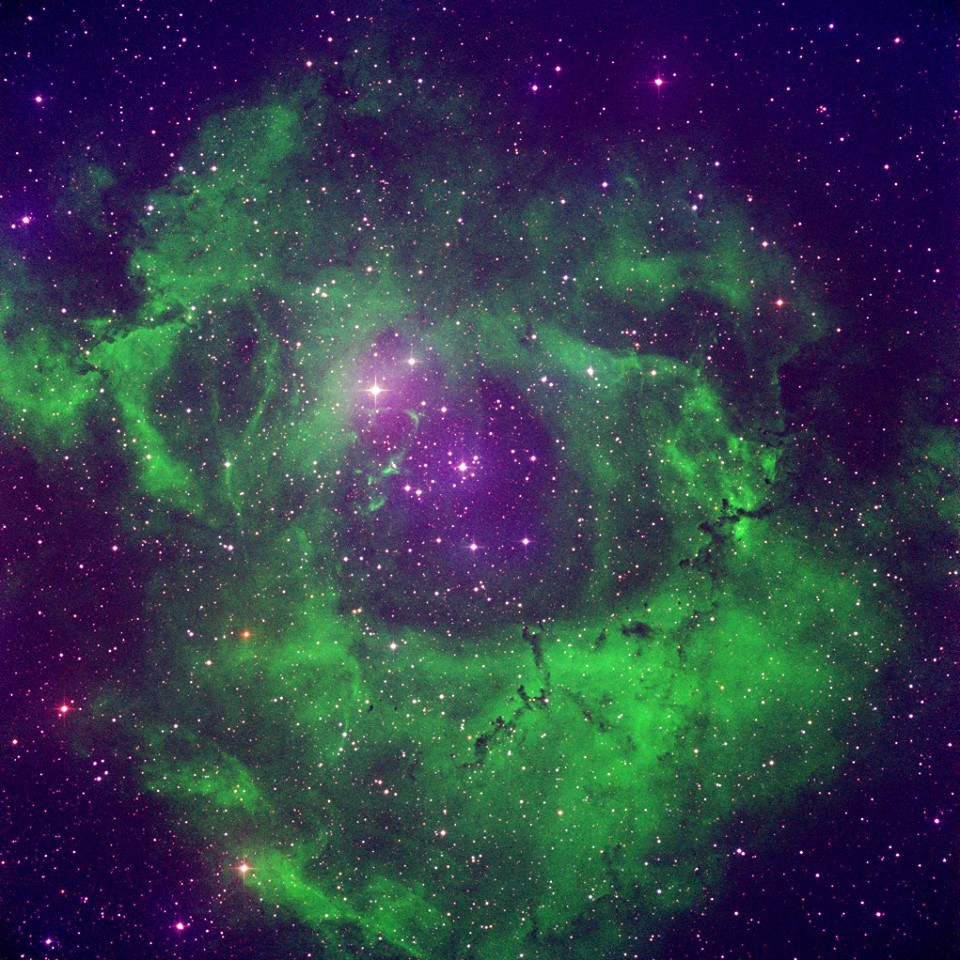Research areas
PhD and MSc projects are available in a broad range of areas including high-velocity impact studies, astrobiology, observational studies of comets and asteroids, star formation and Galactic structure, and theoretical and numerical astrophysics. See the research overview and PhD and MSc research projects for more details.
Research environment
The CAPS group currently consists of 8 academic, 2 postdoc associates and ~20 MSc and PhD students. We manage three dedicated facilities and have access to a host of sophisticated in-house analysis equipment such as Raman spectrometer, electron microscopes, gas chromatography and mass spectrometer (GCMS), and X-ray diffractormeters. The group is highly collaborative; you will be work as part of a friendly international team with a range of expertise. We have weekly group meetings and monthly internal research seminars, as well as regular external speakers to complement the wider School of Physical Sciences colloquium programme. All of our students are expected to regularly attend national and international workshops and conferences, and we often host events here in Kent. A range of training and networking opportunities are available through SEPnet and the Kent Graduate School, and with the agreement of your supervisor, there are opportunities to be involved in outreach and undergraduate teaching. The Kent Postgraduate handbook provides more details on studying for a PhD at Kent.
Application process
Applications are made through the University’s main admissions site, but we prefer candidates to make contact with a potential supervisor to discuss opportunities before applying. If you are unsure who would the best match for your interests, please direct general inquiries to the Head of Group, Dr James Urquhart. When applying via the admissions site, select either MSc Physics or PhD Physics, and be sure to include the name of your preferred supervisor. You do not need to provide a detailed research proposal but should clearly set out your motivation for obtaining a research degree in astrophysics or space science.
Example projects
Outlines of projects that may be undertaken by self-funded students (PhD or MSc) can be found by following this link, but a range of other projects can be designed to match your skills and interests, and we will also consider proposals from innovative and highly-motivated students to develop new research ideas that are compatible with our expertise and facilities.
